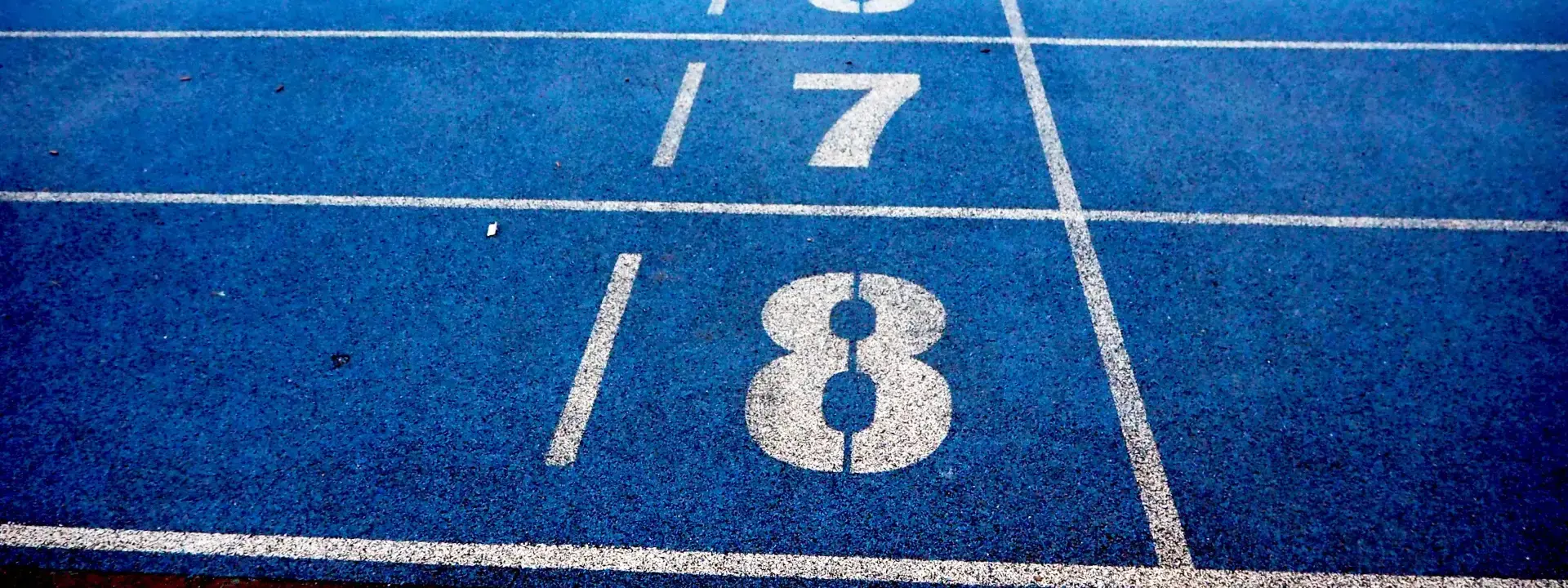
Athletics Instructor Job Description
What is a Athletics Instructor Professional?
Athletics instructors are responsible for leading, guiding and motivating individuals or groups in athletic activities. They may work in fitness facilities, sports clubs, recreation centres, educational institutions or other settings. Their primary goal is to help people engage in physical activity and improve their overall health and well-being. Athletics instructors typically have a background in athletics or another sport. They may have played competitively themselves or simply have a strong interest in the area. In either case, they will be familiar with a variety of athletic activities and how to properly perform them.
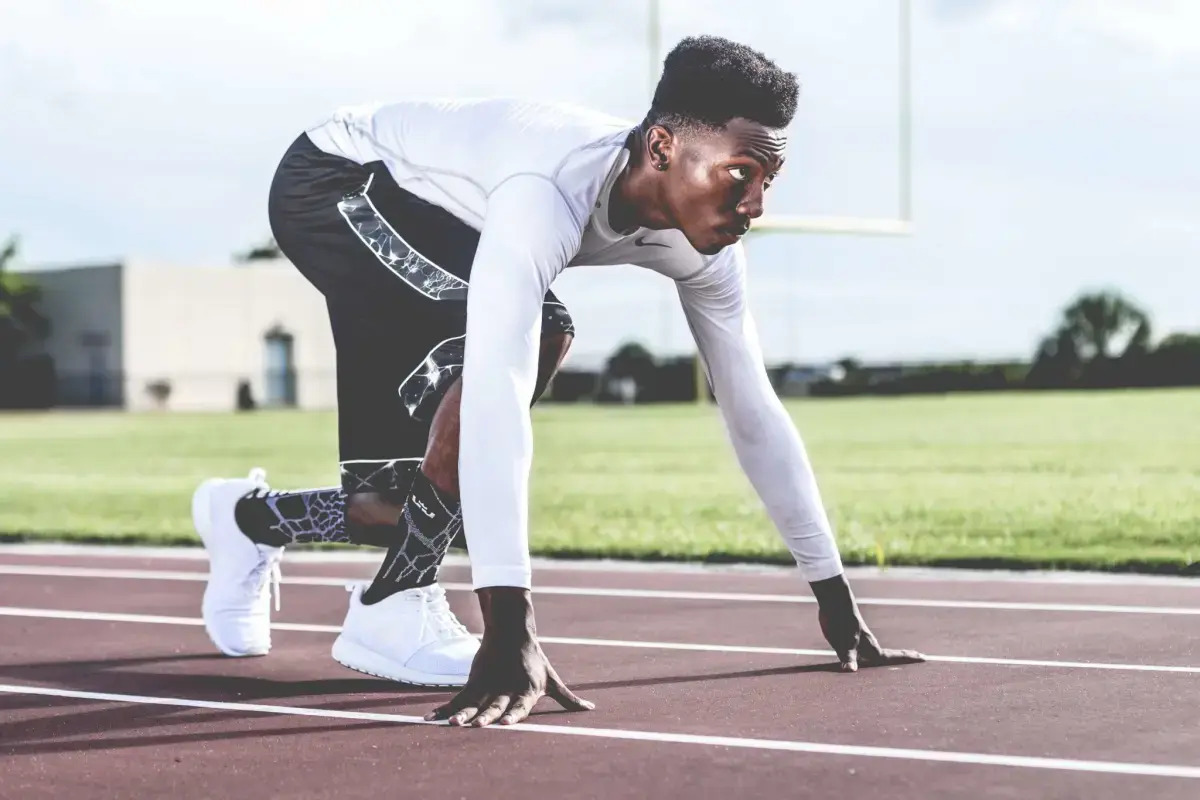
What does a Athletics Instructor Expert do?
They might also have experience coaching athletes of all levels from beginner to elite. Most importantly, athletics instructors must be passionate about helping others reach their fitness goals. They should enjoy working with people of all ages and abilities and be able to adapt their instruction style accordingly. Those who work with youth athletes, for example, need to be able to keep kids engaged while still teaching them proper technique. Likewise, those who work with seniors or those with special needs must be capable of modifying exercises as necessary. Ultimately, the best athletics instructors are patient yet firm leaders who always put the needs of their clients first
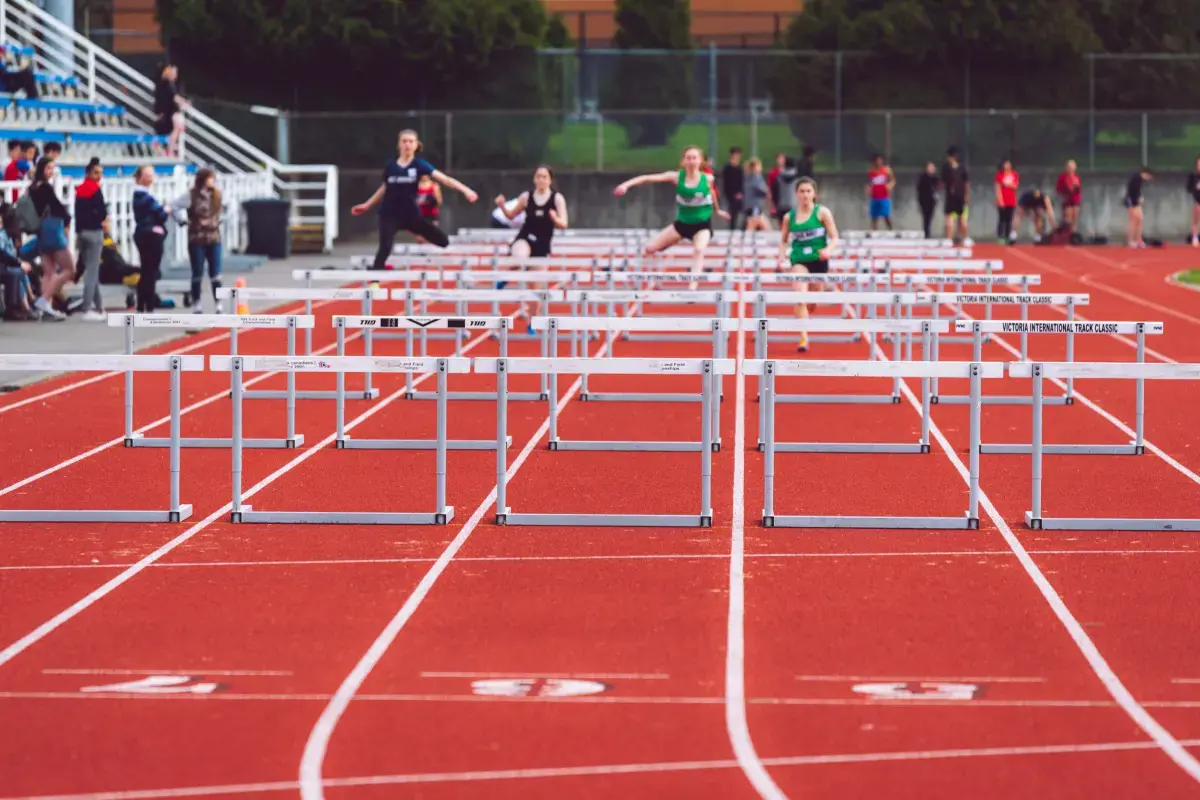
What are the Skills of a Athletics Instructor?
Athletics instructors need to have a wide range of skills and experience in order to be successful. They need to be able to teach a variety of different sports, as well as having knowledge of the equipment and facilities that are required for each sport. They also need to have good communication and organizational skills, as they will often be working with large groups of people.
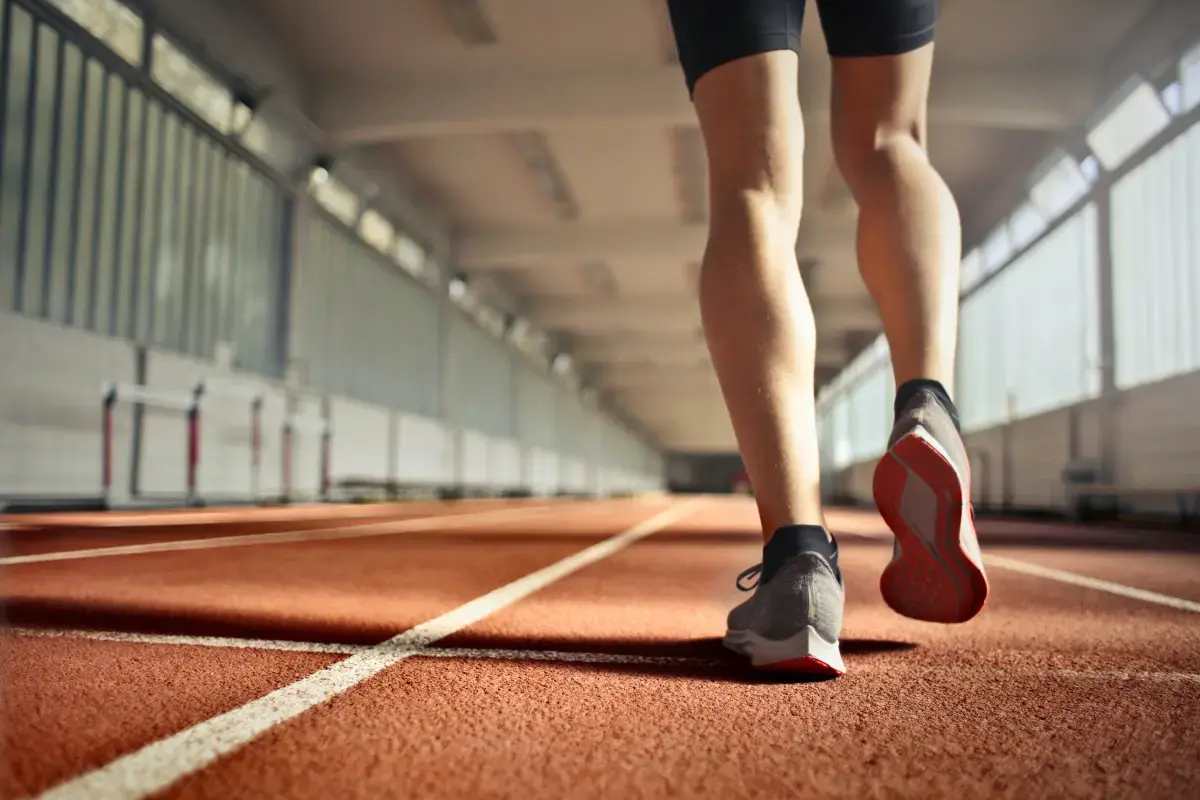
What makes an Expert Athletics Instructor?
In terms of specific experience, it is important that athletics instructors have experience competing in the sport or sports that they intend to teach. This will give them a good understanding of the rules and regulations, as well as the necessary techniques. It is also useful if they have worked with athletes before, either as a coach or an assistant coach. This will help them understand how to effectively motivate and train athletes.
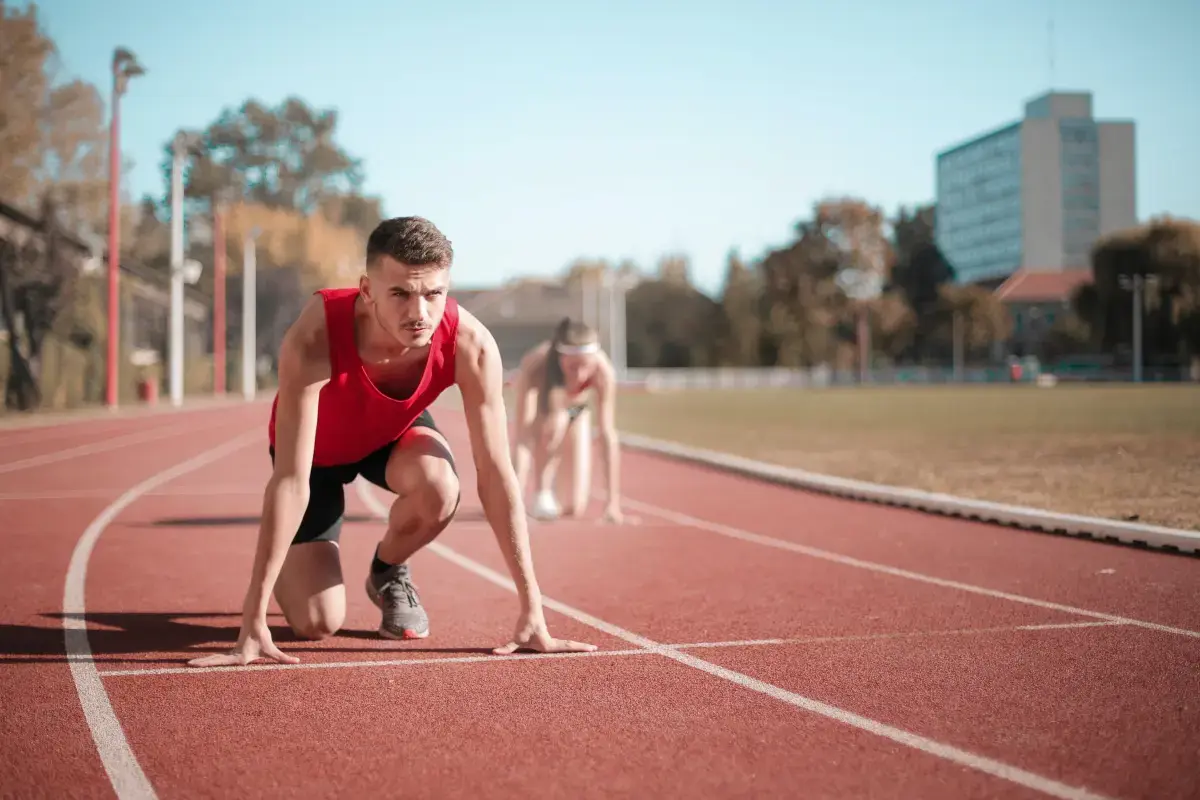
What level of Experience & Qualifications are required to be a Athletics Instructor?
Industry Experience: 1. At least 5 years of experience in coaching athletes in a variety of sports. 2. Proven track record of success with athletes, including developing and implementing successful training programs and strategies. 3. Knowledgeable about the latest trends and techniques in athletics coaching. 4. Ability to motivate and inspire athletes to reach their goals. 5. Excellent communication skills, both verbal and written, for effective instruction and feedback to athletes on their performance during practice sessions or competitions. Training: 1. Completion of an accredited coach education program or equivalent certification from a recognized organization such as the National Coaches Association (NCA). 2. Participation in continuing education courses related to athletics coaching, such as sport psychology, nutrition, strength & conditioning, etc., as well as any other relevant topics that may be beneficial for coaches working with athletes at all levels of competition (youth through elite). Qualifications: 1. Bachelor’s degree in physical education or related field preferred but not required; however some form of post-secondary education is recommended for those seeking higher level positions within the industry (e..g., college/university head coach). 2. Certification from a recognized organization such as the NCA is also highly desirable for those looking to advance their career opportunities within athletics coaching circles (e..g., becoming a certified master coach). Education: 1 .Knowledgeable about anatomy & physiology; biomechanics; exercise physiology; nutrition; sport psychology; strength & conditioning principles; injury prevention & rehabilitation protocols; etc., all applicable to athletic performance enhancement at various levels of competition (youth through elite). 2 .Familiarity with current technology used by coaches today including video analysis software programs, GPS tracking systems, heart rate monitors/wearables, etc., which can help provide valuable data points when assessing athlete performance during practice sessions or competitions
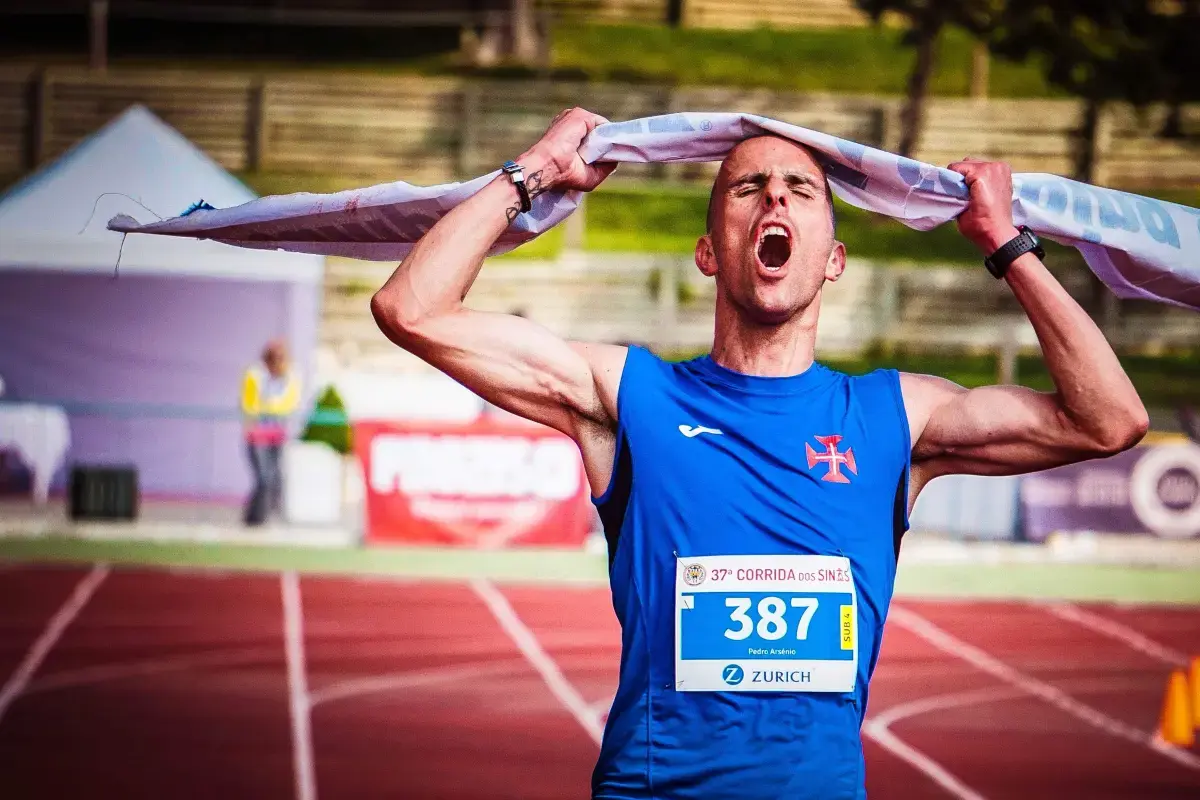
What is the Salary of a Athletics Instructor?
The salary expectations of an athletics coach can vary greatly depending on the level of experience and expertise. At the junior level, a coach may expect to earn anywhere from $20,000 to $30,000 per year. This range is typically for coaches who are just starting out in their career and have limited experience coaching athletes. At the mid-level, a coach may expect to earn between $35,000 and $50,000 per year. This range is typically for coaches who have some experience coaching athletes but are still developing their skillset. At the senior level, a coach may expect to earn between $60,000 and $100,000 per year. This range is typically for coaches who have extensive experience coaching athletes at all levels and possess advanced knowledge of sports science principles as well as training techniques. In addition to base salary expectations, many athletics coaches also receive additional compensation such as bonuses or incentives based on performance or team success.

What are the Working Conditions for a Athletics Instructor?
Athletics coaches typically work in a variety of settings, including schools, universities, professional sports teams and private clubs. The working conditions for an athletics coach vary depending on the setting. Schools: Athletics coaches at schools are usually employed by the school district or board of education. They may be responsible for coaching one or more sports teams at the elementary, middle or high school level. Working hours can vary depending on the season and whether practices are held before or after school hours. Coaches may also be required to attend games and tournaments outside of regular working hours. Universities: Athletics coaches at universities typically have more responsibilities than those at schools due to the higher level of competition involved in college sports. Coaches may be expected to recruit players, develop strategies for game play and manage team budgets as well as coach practices and games. Working hours can include long days during peak seasons such as football season when practices and games take place throughout the week and weekend. Professional Sports Teams: Professional athletics coaches typically work with athletes who have already achieved a high level of skill in their sport so they must possess advanced knowledge about their sport in order to effectively train these athletes. Working hours can involve long days spent traveling with teams to away games as well as attending press conferences and other events related to their team’s success or failure on the field/court/track etc.. Private Clubs: Private club athletics coaches often work with amateur athletes who are looking to improve their skills in a particular sport without competing professionally. These coaches must possess strong teaching skills in order to help these athletes reach their goals while still having fun playing their chosen sport(s). Working hours will depend on how many clients they have but generally involve evenings and weekends when most people are available for practice sessions or lessons

What are the roles and responsibilities of a Athletics Instructor?
Establishing and maintaining a safe and positive environment
Planning, developing and delivering quality athletics programs
Monitoring athlete development and program effectiveness
Evaluating athletes performance levels and providing feedback
Identifying individual athlete needs and adapting programming accordingly
Motivating athletes to perform to their potential
Communicating effectively with athletes, parents/guardians, coaches and other members of the athletic community
Managing sports equipment and facilities
Maintaining accurate records and documentation
Upholding ethical standards in accordance with governing bodies
complying with all policies, procedures & regulations set forth by employers & regulatory organizations
Scheduling practices & events that do not conflict with academic priorities
Role models correct behaviors
keep a clean working area
promote safety
first-aid certified
) able to operate emergency equipment
) excellent customer service skills
good communication
)[Multitask
)]Can work well under pressure
)[Are organized
)]Flexible schedule
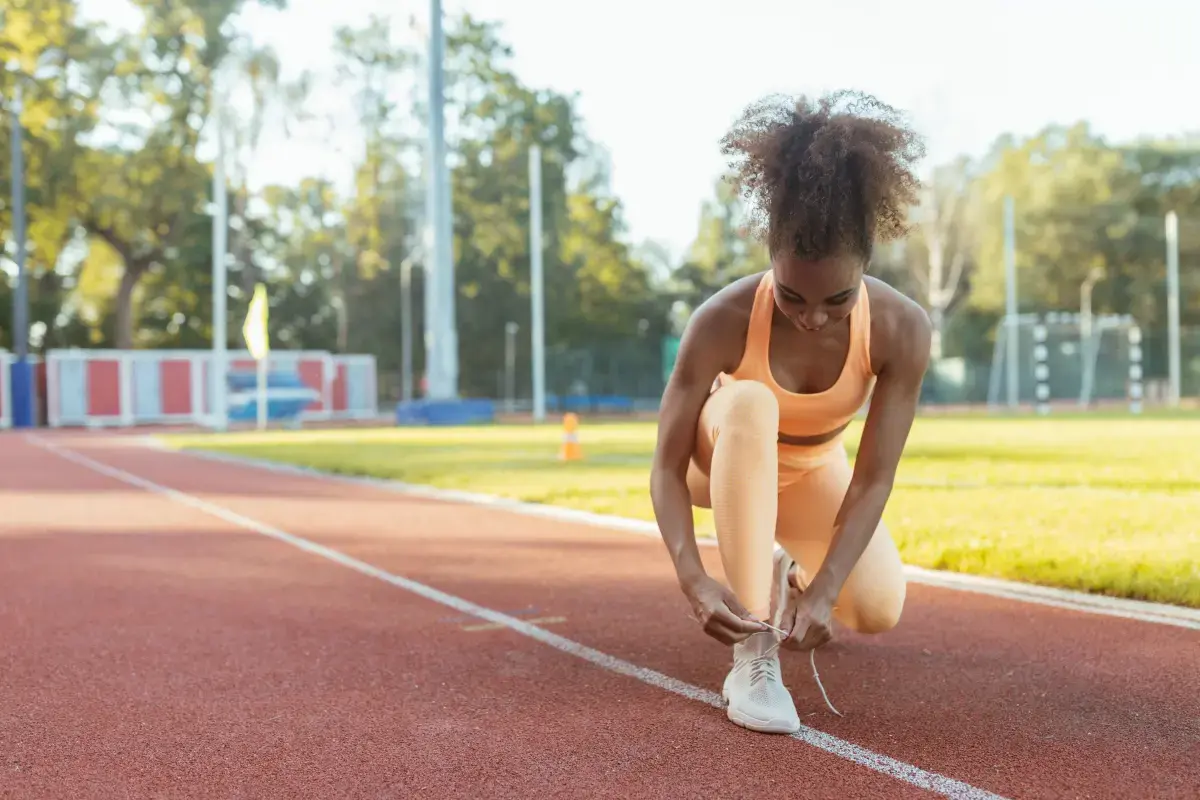
Where can I find Athletics Instructor jobs?
- Create a profile on gigexchange and promote your Athletics Instructor skills to advertise you are Open to New Work Opportunities
- Ensure your Resume (or CV), or online work profile is up to date and represents your skills and experience. Ensure your reputation reflects your ability & attitude.
- Apply for Athletics Instructor Jobs advertised on gigexchange.
- Practise Athletics Instructor interview techniques to ensure you represent your personality and ability succinctly and confidently.
- Accept the job offer if the salary meets your expectations and the employer mission and purpose reflects your core values.
Jobs
What are the best job boards for Athletics Coach jobs?

How can I hire Athletics Instructor staff online for my business?
The best job board for recruiting Athletics Instructor experts is gigexchange.com. Advertise full-time, part-time or contract jobs to find, hire & recruit trusted, experienced and talented Athletics Instructor candidates near you.
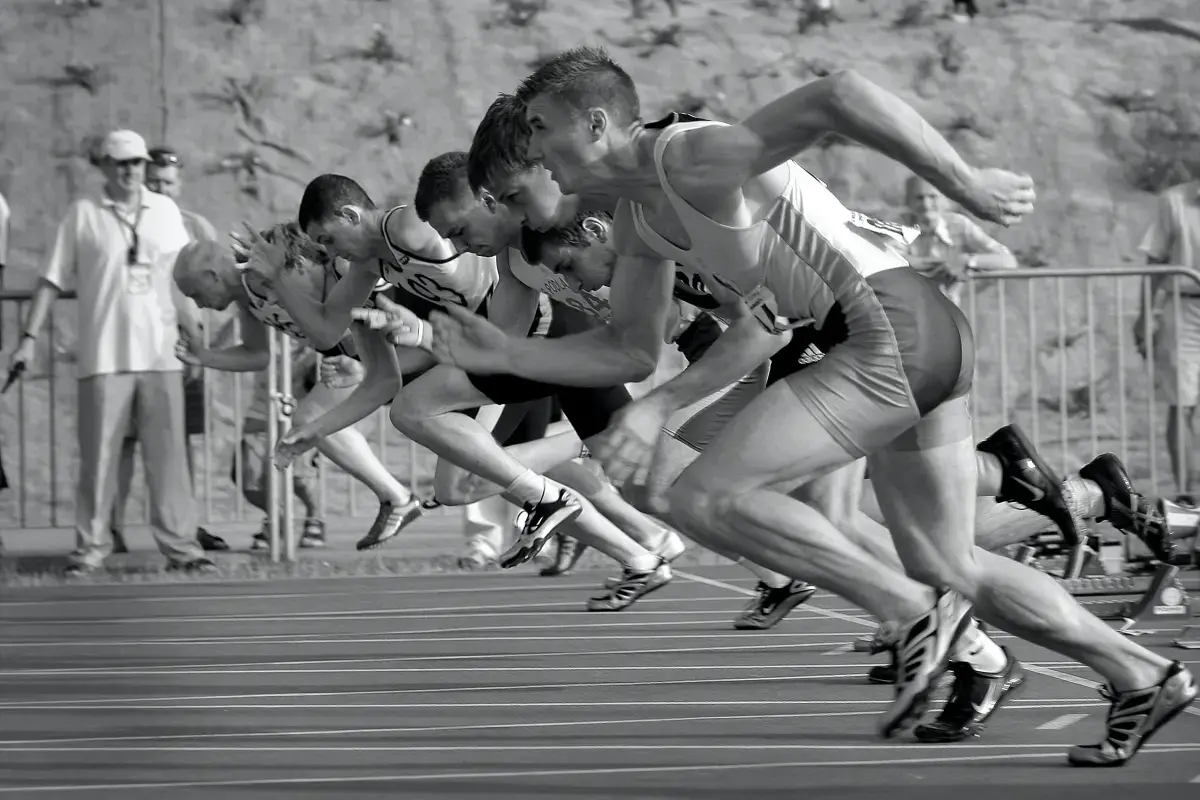
Are Athletics Instructor roles in demand in 2026?
Athletics Instructor experts are still in high demand in 2026. If you are an experienced Athletics Instructor or looking to train and become one. The job market is looking strong for Athletics Instructor jobs near me.